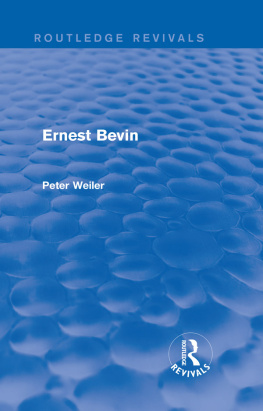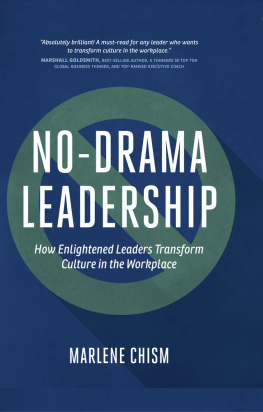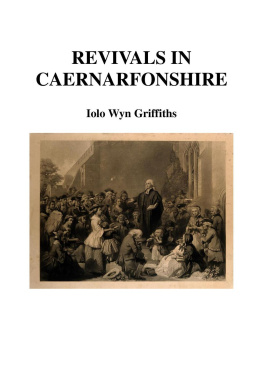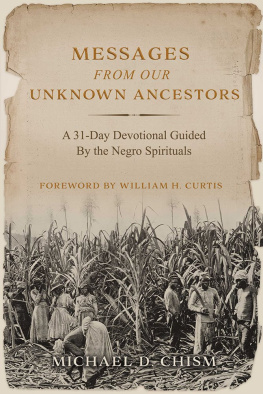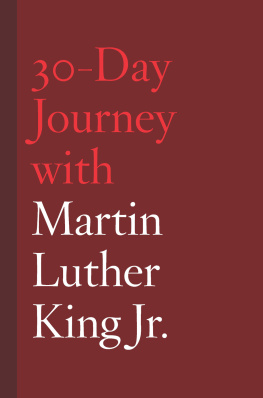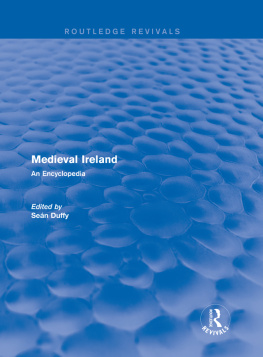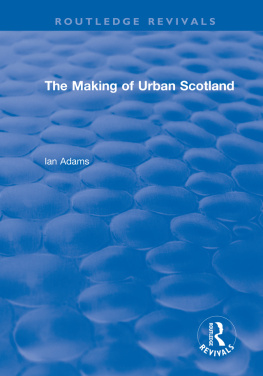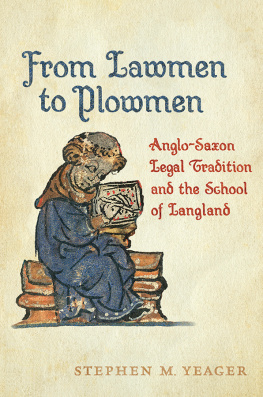Chism - Alliterative Revivals
Here you can read online Chism - Alliterative Revivals full text of the book (entire story) in english for free. Download pdf and epub, get meaning, cover and reviews about this ebook. City: Philadelphia, year: 2002, publisher: University of Pennsylvania Press, genre: Romance novel. Description of the work, (preface) as well as reviews are available. Best literature library LitArk.com created for fans of good reading and offers a wide selection of genres:
Romance novel
Science fiction
Adventure
Detective
Science
History
Home and family
Prose
Art
Politics
Computer
Non-fiction
Religion
Business
Children
Humor
Choose a favorite category and find really read worthwhile books. Enjoy immersion in the world of imagination, feel the emotions of the characters or learn something new for yourself, make an fascinating discovery.

- Book:Alliterative Revivals
- Author:
- Publisher:University of Pennsylvania Press
- Genre:
- Year:2002
- City:Philadelphia
- Rating:5 / 5
- Favourites:Add to favourites
- Your mark:
- 100
- 1
- 2
- 3
- 4
- 5
Alliterative Revivals: summary, description and annotation
We offer to read an annotation, description, summary or preface (depends on what the author of the book "Alliterative Revivals" wrote himself). If you haven't found the necessary information about the book — write in the comments, we will try to find it.
Alliterative Revivals — read online for free the complete book (whole text) full work
Below is the text of the book, divided by pages. System saving the place of the last page read, allows you to conveniently read the book "Alliterative Revivals" online for free, without having to search again every time where you left off. Put a bookmark, and you can go to the page where you finished reading at any time.
Font size:
Interval:
Bookmark:
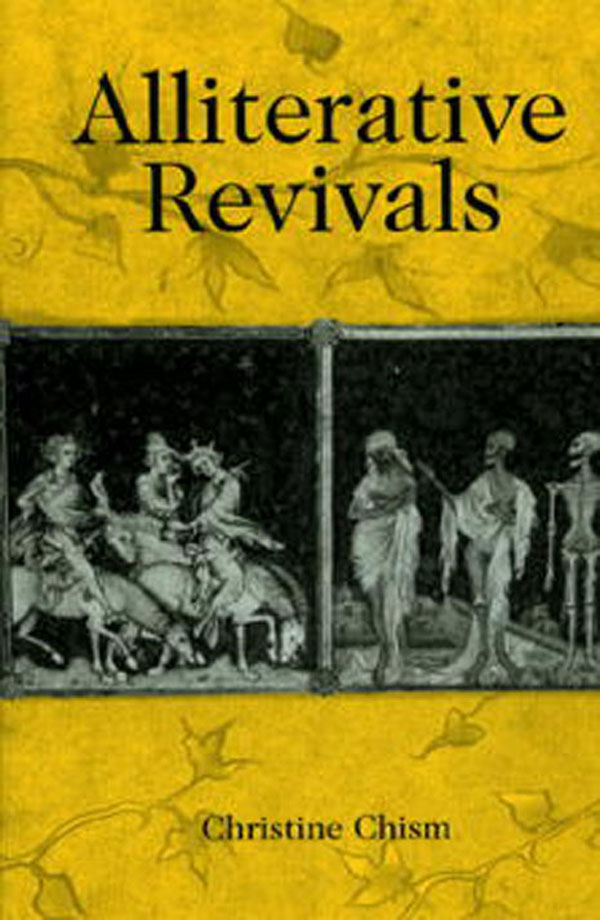
Alliterative Revivals
THE MIDDLE AGES SERIES
Ruth Mazo Karras, Series Editor
Edward Peters, Founding Editor
A complete list of books in the series
is available from the publisher.
Christine Chism

Copyright 2002 University of Pennsylvania Press
All rights reserved
Printed in the United States of America on acid-free paper
10 9 8 7 6 5 4 3 2 1
Published by
University of Pennsylvania Press
Philadelphia, Pennsylvania 191044011
Library of Congress Cataloging-in-Publication Data
Chism, Christine.
Alliterative revivals / Christine Chism.
p. cm. (The Middle Ages series)
Includes bibliographical references (p. ) and index.
ISBN 978-0-8122-3655-2 (acid-free paper)
I. English poetryMiddle English, 11001500History and
criticism. 2. Alliteration. I. Title. II. Series
PR317.A55 C48 2002
821.109dc21
2001056863
The ghosts were not an attempt at evasion
Rather, the questions became more insistent, more powerful, for being projected into the mouths of the dead.
PAT BARKER, The Ghost Road
The epigraph describes the organizing metaphor of this book: a drama of historical revival. It proposes that death grants ghosts an interrogative force, imbuing the impossible, unceasing communication between the dead and the living, the past and the present with fearful intimacy. For ghosts never return alone. They drag along on their mantles lost memories that compel their audiences to confront their foundational evasions, to rewrite their histories, and to renovate themselves. Ghosts trouble the strategic amnesias, substitutions, and transcendences through which history is shaped and the contours of the present are inaugurated. And the living respond, not simply because the burden of survival guilt is being tweaked, but because we construct ourselves as citizens of the present at once through our solicitation of the past and its gentle collateral forgetting. To revive the dead as the dead is to give a new shape and authority to what is lost. The revived dead distress their own erasure, goad us into self-questioning, and, like some mortifying mafia, make offers that cant be refusedthis is why we summon them.
This book is about the revival of the dead and the past performed in eight Middle English alliterative poems, St. Erkenwald, Sir Gawain and the Green Knight, The Wars of Alexander, The Siege of Jerusalem, the alliterative Morte Arthure, De Tribus Regibus Mortuis, The Awntyrs off Arthure, and Somer Sunday. Five of these poems are alliterative romances; three of them, De Tribus Regibus Mortuis, Awntyrs off Arthure and Somer Sunday didactically meditate on alliterative romance themes and are therefore fascinating in the way they crystallize and critique the concerns of the genre. In selecting these poems I pursued a single current in the flexing, multifarious, polymorphic, widely penetrating stream that is Middle English alliterative poetry and its tributary (or cross-current), rhythmical prose. However, alliterative romances extend these themes, accentuating the mutually structuring oppositions between past and present, center and periphery, secular and religious trajectories, in order to interrogate their reciprocal debts and interdependencies. These poems animate British history by reviving past bodiesthe pagan judge, the giant of St. Michaels Mount, Sir Priamus, dead fathers and mothers, and the Green Knight himselfwhose potentially threatening authority must be encountered and arbitrated. Such dramatic confrontations bring into focus late fourteenth-century disjunctions between monarchy and nobility, ecclesiastic authority and lay piety, and monarchical and provincial culture.
These poems were written toward the end of a periodthe medievalthat everyday parlance makes an epitome of pastness, yet which recent scholarship, mostly on Chaucer, has illuminated as a society anxiously, innovatively, and opportunistically transacting social changes, and therefore invested in recreating and forgetting its own complex histories.
In this focus on historical strain and moments of transition alliterative romances speak to their time; they dramatize a late medieval sense of the power and danger of the past so intense that resurrecting the dead actually became a strategy for managing political transitions. A particularly freighted early fifteenth-century disinterment attests to the pasts lingering political energy. Its power is not diminished by the fact that the corpse, unlike many in alliterative romance, does not actually speak after death. In December of 1413, in the first year of his reign, Henry V performed an exhumation the more eloquent for the silence of its chief exhibit:
For gret loue and gedenesse, he sent to e ffreris of Langeley, ere as his Fadir hadde do burye King Richard e ijde, and let take vp his body ayen out of the erthe, and dede bring hym to Westmynstre, yn a ryal chare couert with blak veluet, and baners of diuers arme3 alle aboute. And al e horsses drawyng e chare were trappid yn black, and bete with diuers arme3, and mony a torch brennyng, by alle e wey, til he come to Westmystre. And ere he lette make for hym a ryalle and a solempne terement, and buried hym be Quene Anne his wiff, as his owne desire was, on e firther syde of Seynt Edwarde3 schryne, yn the Abbey of Saint Petris of Westmynstre: on whose soule God haue mercy! Amen!
[For his great love and goodness, he [Henry V] sent to the friars of Langley, where his father had interred King Richard the II and had them take up his body again out of the earth and had him brought to Westminster, in a royal chair covered with black velvet and banners of different coats of arms all about. And all the horses drawing the chair were caparisoned in black and decorated with many coats of arms all about and many a burning torch through the whole way until he arrived at Westminster. And there he [Henry V] caused to be made for him a royal and solemn interment and buried him beside Queen Anne his wife, as he had desired, on the further side of St. Edwards shrine in the Abbey of St. Peter of Westminster; on whose soul God have mercy! Amen!]
This exhumation provoked extensive contemporary discussion. The fifteenth-century chronicler of The Brut makes it bespeak the great love and goodness of the young king. In a metrical history of Henry V, a monk of Westminster and a member of the royal household also reads it as an example of Henry Vs generosity, placing it after a paean to Henrys kingly virtues and amidst a list of his benefices to Westminster Abbey. Effacing the stigma of Henry IVs usurpation, these endowments make Henry V the true heir of Richard II as they describe Henrys restoration to the abbey of a ring which King Richard had given to the shrine of St. Edward there. And in that context, the body of Richard becomes another benefice in Henrys power to rebestow as Henry removes his body from the site his
These accounts show that this gesture of kingly generosity was also one of kingly authority. The fifteenth-century chronicler of The Brut whose account of the exhumation I have quoted stresses its political needfulness by placing it directly after the death of Henry IV and immediately before Henry Vs first confrontation with the Lollard rebellion and his embarkation for France. Other, earlier chroniclers also frame it within accounts of social unrest and Lollard treason. In
Font size:
Interval:
Bookmark:
Similar books «Alliterative Revivals»
Look at similar books to Alliterative Revivals. We have selected literature similar in name and meaning in the hope of providing readers with more options to find new, interesting, not yet read works.
Discussion, reviews of the book Alliterative Revivals and just readers' own opinions. Leave your comments, write what you think about the work, its meaning or the main characters. Specify what exactly you liked and what you didn't like, and why you think so.

